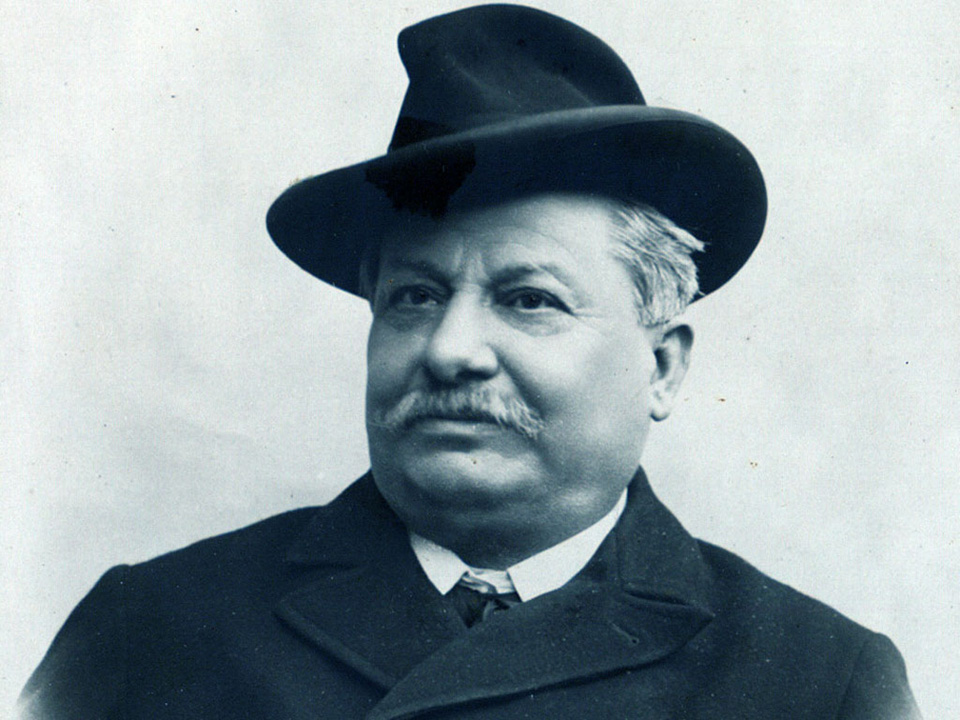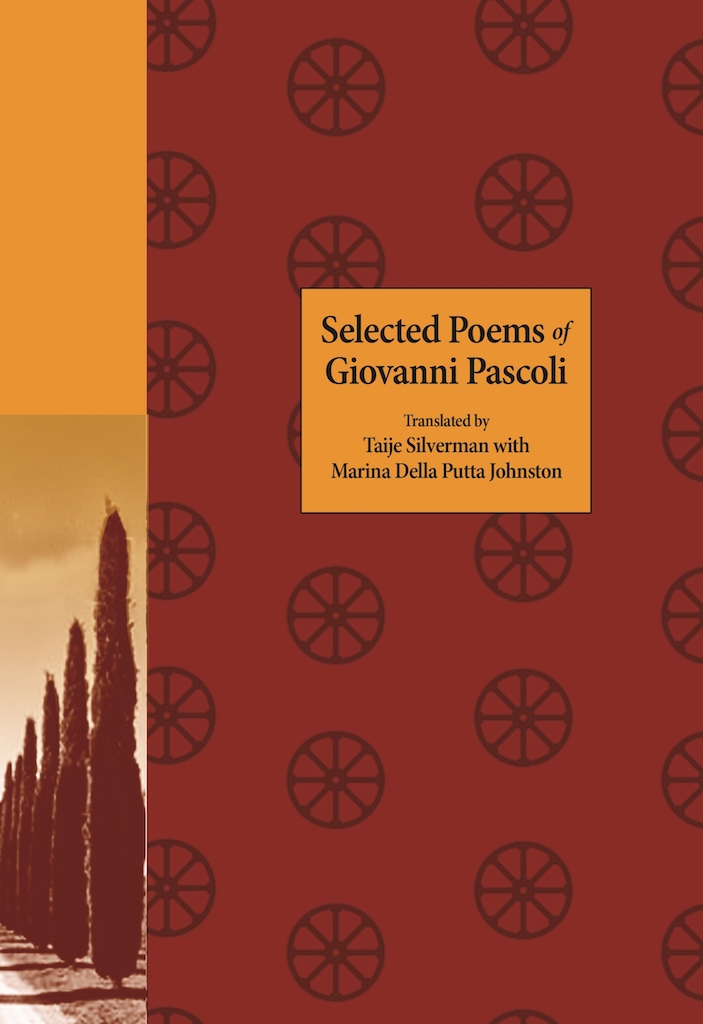Blackout. Above me the sky shone a pale, clear blue.No one was there, no one near— except you,faraway Rio Salto, who flowed past my home.I didn’t hear you. All I heard was your road crewof frogs, out announcing the water and alwaysmore water to pulp mills and farms.I thought of the past. I recalled how,at twenty, still fearful of life, I felt I’d die tooin some blood-spattered way. And alone,late at night, I would come to this pathwhere my enemy might lie in wait in the dark.I walked slowly, so slowly, my heartin my throat while I feigned perfect calmso he would see I was brave (thoughI’d startle at wind, or a firefly’s spark):slowly, I crept, and my heart leapt ahead.And what then? A crash—laid out flaton the path, I’d be gasping, alone . . .but not alone. The graveyard is near.Memorial lamps dimly kindling stones.My mother would come, a handbrushing my skin, and I’d feel her tearson my wound like cool dew in the dark.The others, too, will draw nearerand gather me up from the pathand with faint cries, they’ll carry me offto their land, and they’ll care for methere—where you smile unendingabove your sloped pallet now paddedwith mosses and grass, like a nest.And musing I heard (beyond grapevinesand next to the edge of a ditch, by an elm)a rough hiss, and a flash, a blast . . . blastingopen, and glowing, and falling, fallenfrom the infinite flicker of stars:a globe of gold that dove mutely toward fieldsas if diving toward empty layers of mist,itself empty as mist—and insideits instant, it lit all the hedgesand trenches and huts, and clustersof forest, and night-drifting riversand the white, towered towns in the distance.Enraptured, I asked: Did you see?But there was only the sky, high and serene.Not the sound of a step, or silhouette.The sky, nothing more: dark sky,surging with huge stars; a sky in whichit seemed the world had been submerged.And I felt the earth inside the universe.Shaking, I felt earth as part of the sky. And sawmyself down here, bewildered and small,wandering on a star among stars.
Il bolide
Tutto annerò. Brillava, in alto in alto,il cielo azzurro. In via con me non c’eri,in lontananza, se non tu, Rio Salto.Io non t’udiva: udivo i cantonierituoi, le rane, gridar rauche l’arrivod’acqua, sempre acqua, a maceri e poderi.Ricordavo. A’ miei venti anni, mal vivo,pensai tramata anche per me la mortenel sangue. E, solo, a notte alta, venivoper questa via, dove tra l’ombre smorteera il nemico, forse. Io lento lentopassava, e il cuore dentro battea forte.Ma colui non vedrebbe il mio spavento,sebben tremassi all’improvviso svolod’una lucciola, a un sibilo di vento:lento lento passavo: e il cuore a voloandava avanti. E che dunque? Uno schianto;e su la strada rantolerei, solo . . .no, non solo! Lì presso è il camposanto,con la sua fioca lampada di vita.Accorrerebbe la mia madre in pianto.Mi sfiorerebbe appena con le dita:le sue lagrime, come una rugiadanell’ombra, sentirei su la ferita.Verranno gli altri, e me di su la stradaporteranno con loro esili gridia medicare nella lor contrada,così soave! dove tu sorridieternamente sopra il tuo giacigliofatto di muschi e d’erbe, come i nidi!Mentre pensavo, e già sentìa, sul cigliodel fosso, nella siepe, oltre un filaredi viti, dietro un grande olmo, un bisbigliotruce, un lampo, uno scoppio . . . ecco scoppiaree brillare, cadere, esser caduto,dall’infinito tremolìo stellare,un globo d’oro, che si tu”ò mutonelle campagne, come in nebbie vane,vano; ed illuminò nel suo minutosiepi, solchi, capanne, e le fiumaneerranti al buio, e gruppi di foreste,e bianchi ammassi di città lontane.Gridai, rapito sopra me: Vedeste?Ma non v’era che il cielo alto e sereno.Non ombra d’uomo, non rumor di péste.Cielo, e non altro: il cupo cielo, pienodi grandi stelle; il cielo, in cui sommersomi parve quanto mi parea terreno.E la Terra sentii nell’Universo.Sentii, fremendo, ch’è del cielo anch’ella.E mi vidi quaggiù piccolo e spersoerrare, tra le stelle, in una stella.






